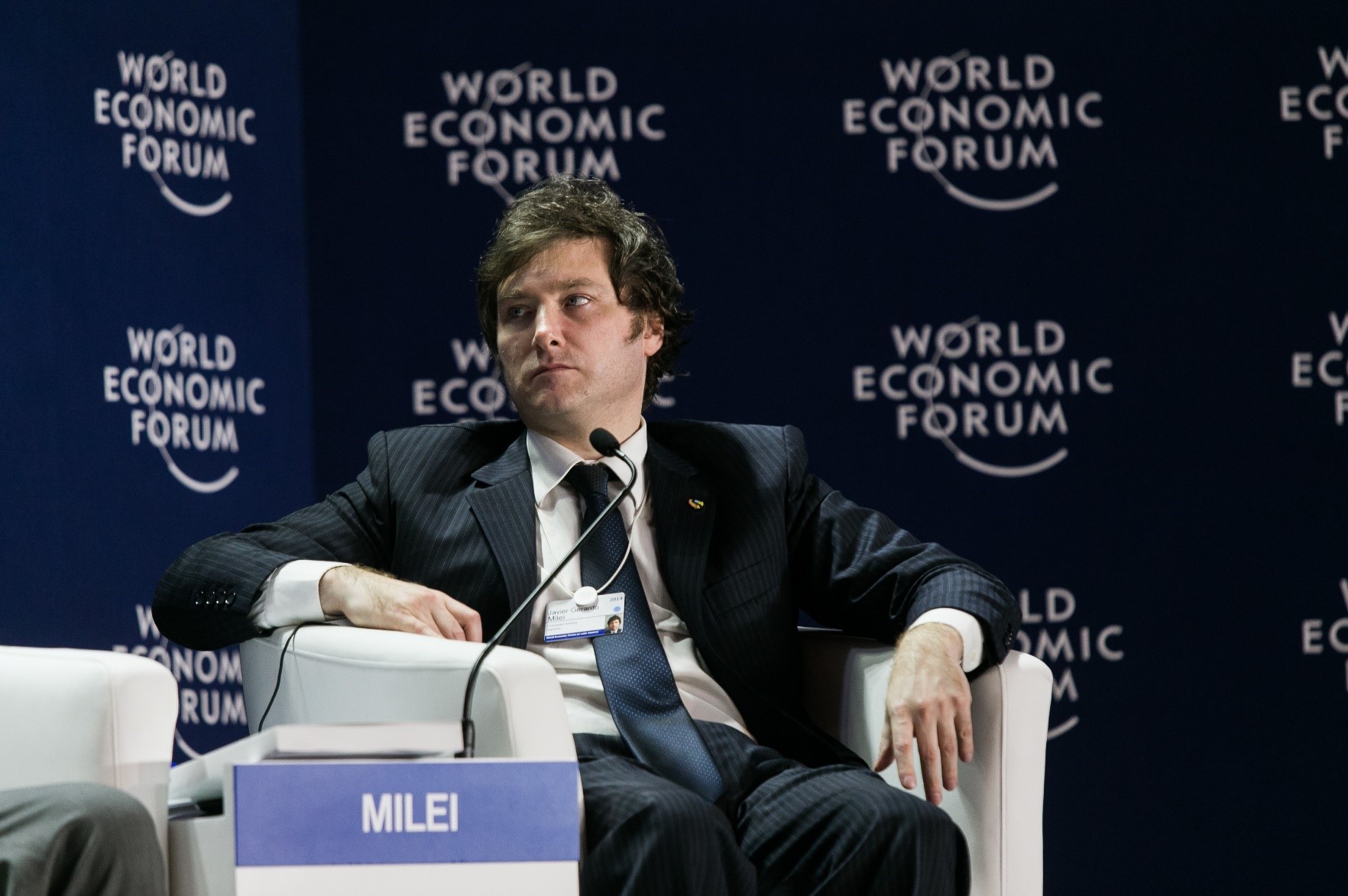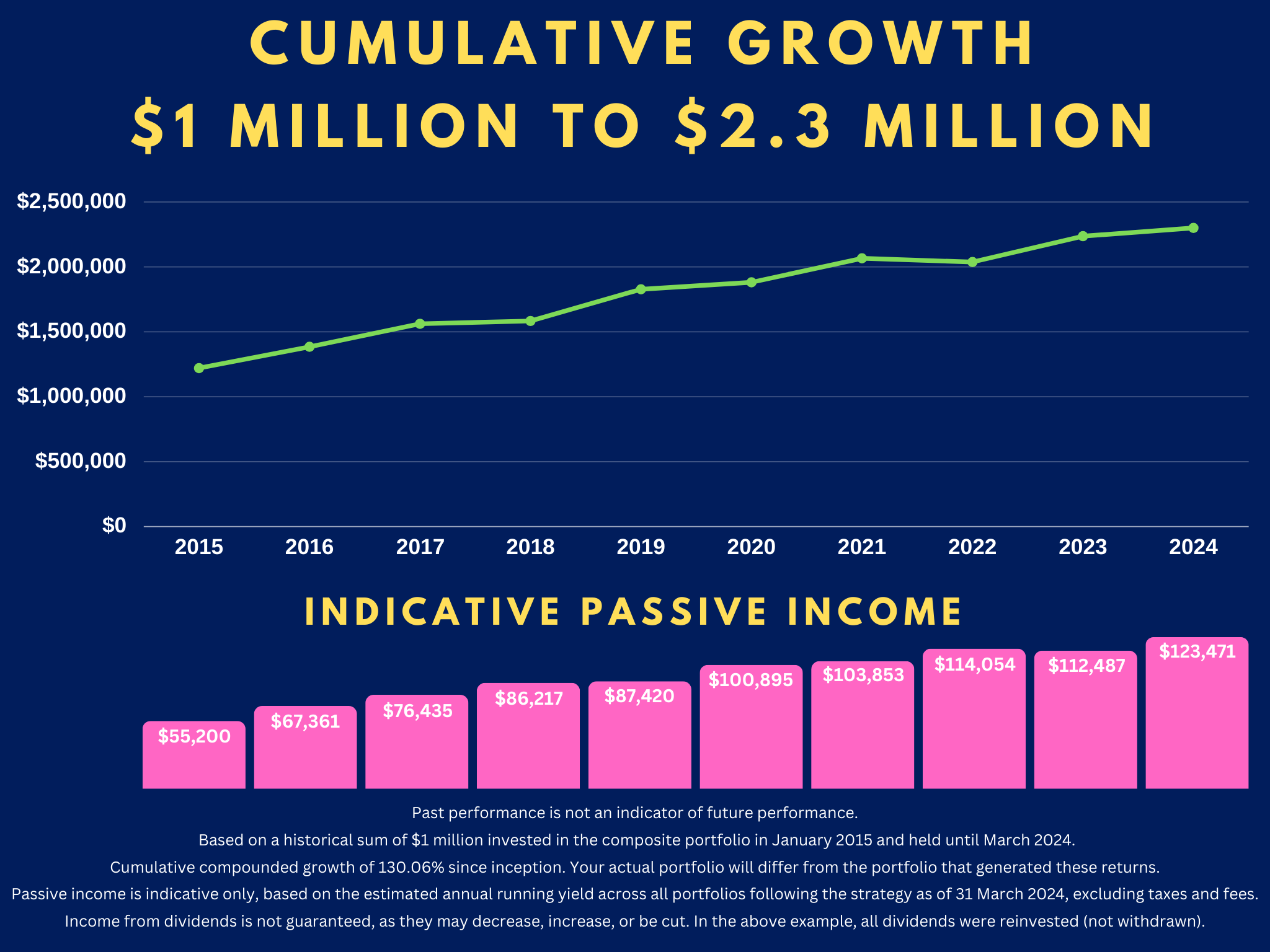Show me the incentives, and I’ll show you the outcome.
―Charlie Munger
I’ve been made redundant before. And so have family and friends. You pick yourself up and ask some sobering questions.
‘Was there anything I could have done?’
‘Was I adding enough value?’
‘What was wrong with the business that it had to close or shrink its workforce?’
But I’m an entrepreneur. My time spent in the employ of others has been less than 1% of my working life. When I was made redundant, I took over the business.
So, as the New Zealand public service and legacy media decry job losses, I have mixed feelings.
Yes, sympathy for the individuals involved. It is very painful when you’re not financially free. Because you’re forced to find something else quite soon.
Yet there’s also upside. Things happen for a reason. And reinvention can lead to the tastiest opportunities.
Value gap
There’s anger at a system that continued to add people. Placing them in a situation where they could not add value. I’m talking about unelected backroom bureaucrats, not frontline workers.

Source: Freepik AI Image
I recall, during the pandemic, how the Mafia expanded its tentacles in Southern Italy. Mafiosi were delivering food parcels to people struggling to feed their families. Sometimes they stepped in to buy gasping businesses, or to assist with cash loans.
These are old tactics. Used to gain credibility and leverage. To step in as an alternative to the state.
But they add no real value. There are always strings attached. ‘I scratch your back, you scratch mine,’ is the code of the Mafia.
So, when local elections roll around and votes are needed…well, you know how it goes.
We need a state that projects trust and delivers value for the taxes people pay.
Now, the problem with a bloated public service is that, unlike the Mafia, you may pay for protection but not get any.
In fact, your taxes may end up paying to make your life more difficult. Red tape becomes so entangling that it becomes difficult to grow.
In one case, I discovered the regulator telemarketing. They were trying to find more businesses to regulate.
In another, a housing developer was tearing out his hair. ‘You’re a rich developer, you’ve already made your money,’ his local council said. As they doubled down on denying or delaying his approvals, while they faced zero risk.
A similar sentiment goes for media bias. You invest time, only to find the news you’re being fed is one-sided. You wonder why you bother. Then go looking for alternative channels that give a reality check.
Of course, the Mafia, a bloated state, and a dishonest media are all toxic forces. They are damaging incidences of rot that blur freedom and condemn economies.
The incentives were all wrong
Government departments and authorities benefit by adding more regulation and reducing their risk. ‘CYA’ (covering your ass), as it is known. They can expand their budgets, their size, and their reach by establishing more rules. Often, there is very dubious benefit to the wider public. But wholesale damage to free enterprise.
This is what happened to New Zealand over the past few years.
Meanwhile, the majority of mainstream journalists decry attempts to reduce the public service. According to Massey University’s 2022 study, 81% are left-leaning.
They benefit their careers by posting stories that appeal to the left of centre. Their bosses note them for promotion. Then they get to front new podcasts and shows. Even when the general public may feel very differently.
In a democracy, at some point, people call time on this. They see a value gap: ‘So, we’re forced to invest time or money in you to make our life worse?’
And they want things to be straightened out so the ordinary person gets a fair go. The 2023 election here demonstrated this. But not to the extent of another New World country on the brink of economic demise…
Argentina — ‘Less Marx, More Milei’

Javier Milei warned the World Economic Forum: ‘Do not give in to the advance of the state.
The state is not the solution. The state is the problem itself.’
Source: World Economic Forum / Flickr
Javier Milei, a former economist, is the new firebrand leader of Argentina.
Milei was elected after years of governments spending beyond their means to try and buy popularity:
- He received more than 55% of the popular vote in the 2023 presidential election.
- Over 14 million votes, the highest ever in Argentina’s history.
- His support amongst young people (under the age of 24) was even higher, reaching 70%.
- 90% of his supporters wanted a government that spends less.
According to the OECD, Argentina’s public sector employed 19.3% of the total workforce in 2022. A 34% increase since 2011.
The benefits of the Argentine public service are questionable. An estimated 57% of the country still lives in poverty.
Here in New Zealand, as of 2023:
- 18.8% of the total workforce was employed in the public service (65,699 FTE).
- An increase of 83% since 2012 (when there were 35,901).
- The population only increased 20% during this time.
Benefits here of an expanded state are similarly doubtful. We have been focusing on alleviating child poverty. In June 2023, 17.5% of kids lived in households with less than half the median household disposable income. Up 3% since 2022.
An expanded state with little to show for it?
I have no argument that we need programmes to support those who cannot help themselves. But Milei is right. The answer to poverty for most comes easiest when the market is left alone to reward hard work:
- Over 50,000 of Argentina’s public-sector employees have been dismissed.
- The president is planning 70,000 new job terminations.
- There are plans to eliminate over 200,000 ‘irregular’ social-welfare plans.
- The job cuts represent about 3.4% of the 3.5 million public-sector employees.
In New Zealand, we are tracking at a similar level. 3,042 public-service jobs have been cut, around 4.6% of the 2023 total.
Incentives
The trouble with a lot of work in the public sector — and in declining industries like legacy media — is that the incentives are all wrong.
As Charlie Munger said, incentives are outcomes.
If you run a business, your incentives are aligned to producing outcomes for your customers.
As part of our work here at Wealth Morning, we build portfolios for Wholesale Clients. We run the same strategy in our personal accounts. These accounts contain a significant part of our wealth, and that of our families. We eat our own cooking.
Our incentive is the same as for our clients. To protect wealth. To grow wealth. And to earn passive income to build financial freedom.
Or course, our craft is not easy. We are exposed to often schizophrenic markets that jump up and down. It is a job reminding people that our real task is finding quality companies at value prices for the long-term. Regardless of where the market may go in the short-term.
But the test of any job must be on the delivery of enduring value.
Our Global Quantum Income Strategy
Do you seek a wealth manager whose values and incentives sit alongside yours?
If you qualify as a Wholesale or Eligible Investor, our Quantum Income Strategy could help.
🎯 Apply for Your Consultation Today.
Regards,
Simon Angelo
Editor, Wealth Morning
(This article is the author’s personal opinion and commentary only. It is general in nature and should not be construed as any financial or investment advice. Wealth Morning offers Managed Account Services for Wholesale or Eligible investors as defined in the Financial Markets Conduct Act 2013.)






Simon is the Chief Executive Officer and Publisher at Wealth Morning. He has been investing in the markets since he was 17. He recently spent a couple of years working in the hedge-fund industry in Europe. Before this, he owned an award-winning professional-services business and online-learning company in Auckland for 20 years. He has completed the Certificate in Discretionary Investment Management from the Personal Finance Society (UK), has written a bestselling book, and manages global share portfolios.